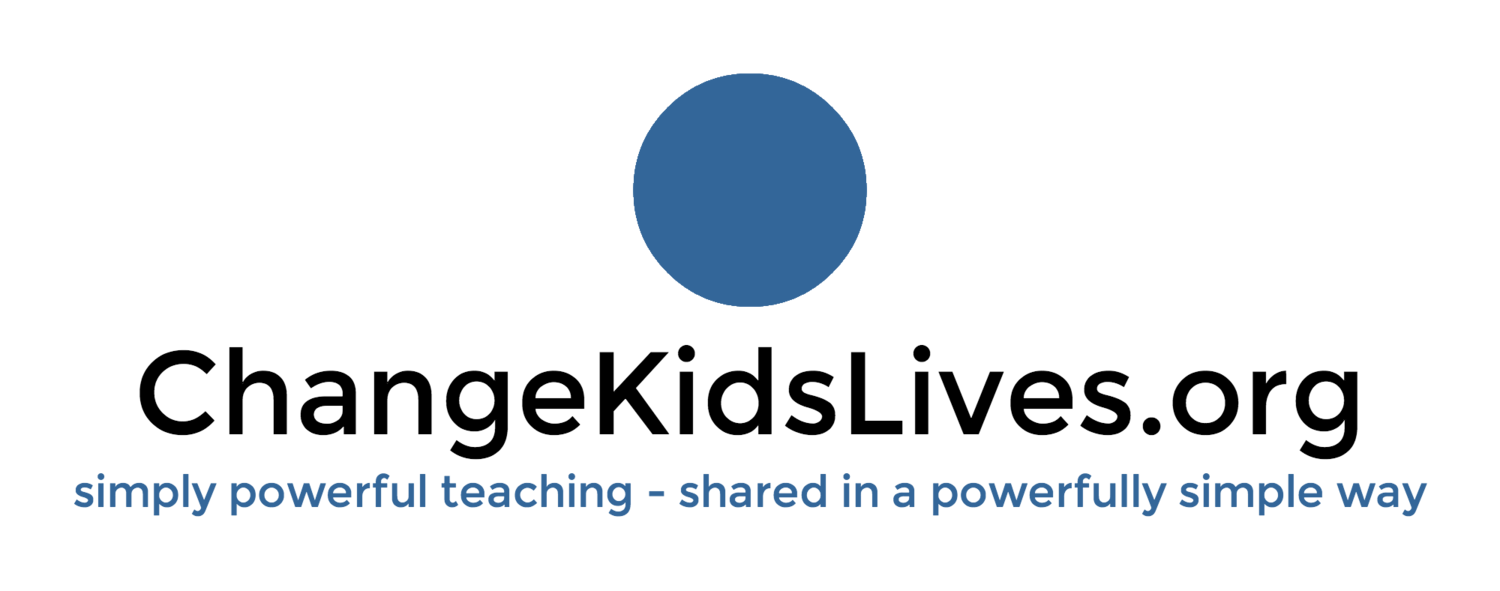Modeling The Growth Mindset We Expect From Students
simple truth:
The behaviors teachers model speak louder to students than any words teachers use.
research tells us:
Carol Dweck, a psychology professor at Stanford University, made a splash in the education world with her book, Mindset: The New Psychology of Success. She asserted that "students' mindsets, how they perceive their abilities, played a key role in their motivation and achievement, and we found that if we changed students' mindsets, we could boost their achievement. More precisely, students who believed their intelligence could be developed (a growth mindset) outperformed those who believed their intelligence was fixed (a fixed mindset)."
Many educators have embraced this notion and taught their students that 1) their intelligence can grow and 2) using effort, new strategies, and seeking input from others can help grow their intelligence. To reinforce these notions, educators encourage students to rethink their thoughts and attitudes when facing challenges.
Below are examples of fixed mindset comments from students, followed by those of a growth mindset:
Replacing, "I'm not good at this" to "I can learn through using strategies and effort."
Replacing "I give up when learning gets frustrating" to "I choose to persevere when I get frustrated."
Replacing "Failing means I'm not good at learning" to "failing is an important part of learning."
Replacing "It's important that my teacher says I'm smart" to "it's important that my teacher says I work hard."
Replacing "I'm not great at writing" with "I'm not great at writing yet."
Teachers love the notion of students understanding the importance of developing a growth mindset in all they do to be successful. Yet the irony is that while we as teachers expect and instruct students to have a growth mindset, do we model this same mindset in our own teaching and learning?
The following are examples of fixed mindset statements we may say as teachers, which indicate that we may have given up in this areas. Also included are suggestions to develop our own growth mindset as educators:
try this:
Less of this, "I'm just not good at technology."
More of this, "I know that technology is always updating, and I'm choosing to do the same thing."
More of this, "I teach my students to learn important skills that help their learning, even if these skills are difficult and take time. I need to do the same when learning new technology."
Less of this, "That student is just lazy."
More of this, "I believe that all children can be motivated, and it's my profession to discover how."
More of this, "I'm dedicated to trying new ways each day to motivate my students, even the most challenging."
Less of this, "That family just doesn't care."
More of this, "I know that this family may face realities that I'm unaware of, and I'm working hard to learn more about them."
More of this, "I'm trying creative ways to connect with this family, as I know how important teacher-family collaboration is for a child's academic and social growth."
Less of this, "I just figured this out, and now we're changing it?"
More of this, "I know that change is inevitable, and it's essential that I'm a flexible professional."
More of this, "I'm teaching my students to be flexible lifelong learners, and I need to model this when school changes occur."
Less of this, "If that student wastes my time, I'll just waste theirs."
More of this, "Taking away recess does not address nor teach solutions to a student's time-management issues. It's my job to teach specific strategies to support this learning."
More of this, "This child struggles with self-management skills. It's my job to teach specific strategies to support this learning."
Less of this, "The media is always bashing our profession, there's nothing I can do."
More of this, "How can I use social media to share the positive stories occurring daily in my school?"
Less of this, "But this has always just worked fine for me."
More of this, "I'm continually learning new ways to do what's best for my students, not what's best or easiest for me."
review & share this:
For additional reading and referenced research, click here.

